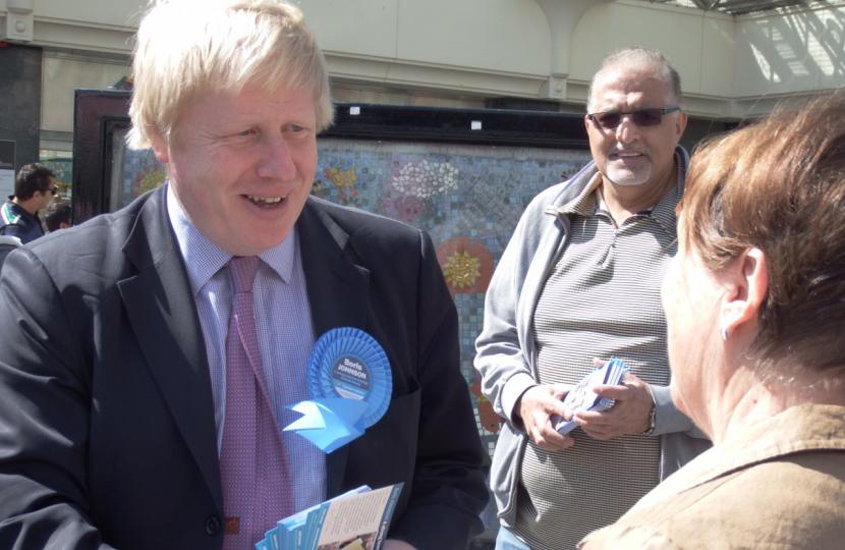The first draft of boundary changes of parliamentary constituencies has been proposed in the United Kingdom. The changes aim to equalise the number of voters in each constituency to 70,000 and reduce the cost of politics by an estimated £66 million per Parliamentary period. After a five-year wait, the Boundary Commissions of England, Wales, Scotland and Northern Ireland have put forward their ideas. Based on the principles of a fair Parliament, are equal-sized constituencies to ensure more equal representation for all citizens. Regular reviews of Parliamentary boundaries have been carried out since 1944, to ensure that constituencies take into account changes in demographics, house building and geographical migration. At the moment, constituencies vary in size from less than 22,000 to more than 110,000 people. The new plan reduces the number of MPs in Parliament from 650 to 600.
According to YouGov’s Anthony Wells Polling Report, the Conservatives will now lose 10 seats, Labour 28 and the Liberal Democrats 4 seats. If the reforms had been passed for the 2015 general election, the Conservatives would have won a majority of 40, rather than the majority of 12 they actually got. The Labour could be the most affected by this, so they are accusing the Conservatives of “gerrymandering” for Tory political advantage. The Tories claim that the proposals address historical anomalies. Jeremy Corbyn is particularly put out as his Islington seat will disappear and he will have to contest in a by-election in a new constituency with a large proportion of Orthodox Jewish residents — ironic after the recent debacle over Labour’s “anti-Semitism”. In a worst case scenario, Corbyn would have to contest for the same constituency against his close aides Diane Abbott and Emily Thornberry. Labour MPs including Owen Smith, Yvette Cooper and Tristram Hunt fear de-selection if Corbyn retains the leadership at the end of September.
Conservatives Boris Johnson, George Osborne, David Davis Justine Greening and Priti Patel will lose their current seats as they are now either marginal, abolished or the changes mean they will have to contest with another MP.
The proposal to reshape constituencies starts the consultation process, which takes place online and locally around Britain during the next 12 weeks, followed by a further two rounds of consultation in 2017. The recommendations and process are open to challenge. Final recommendations will be presented to Parliament by the Commissions in autumn 2018.

